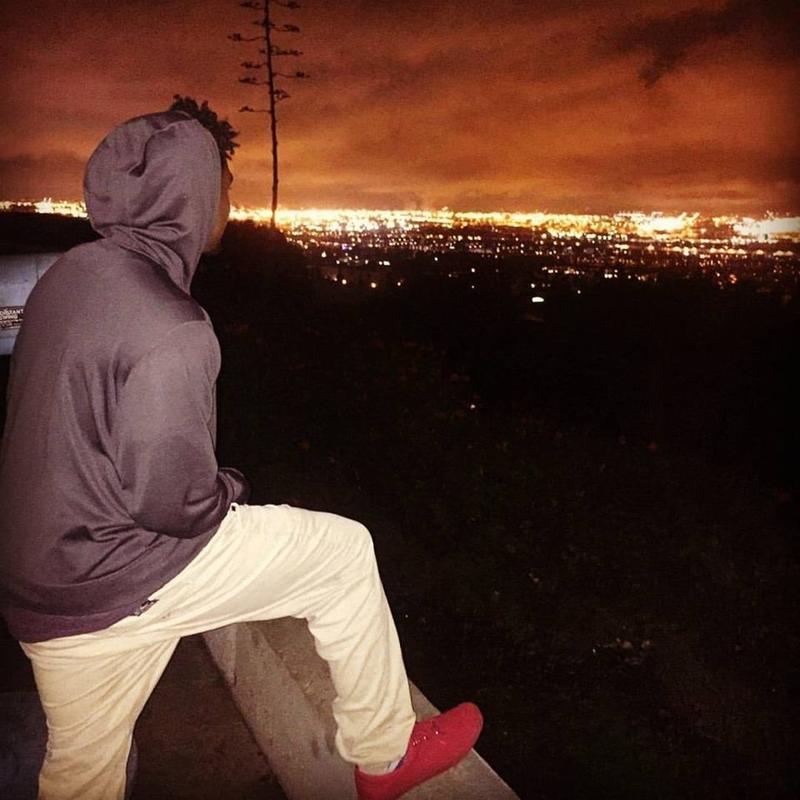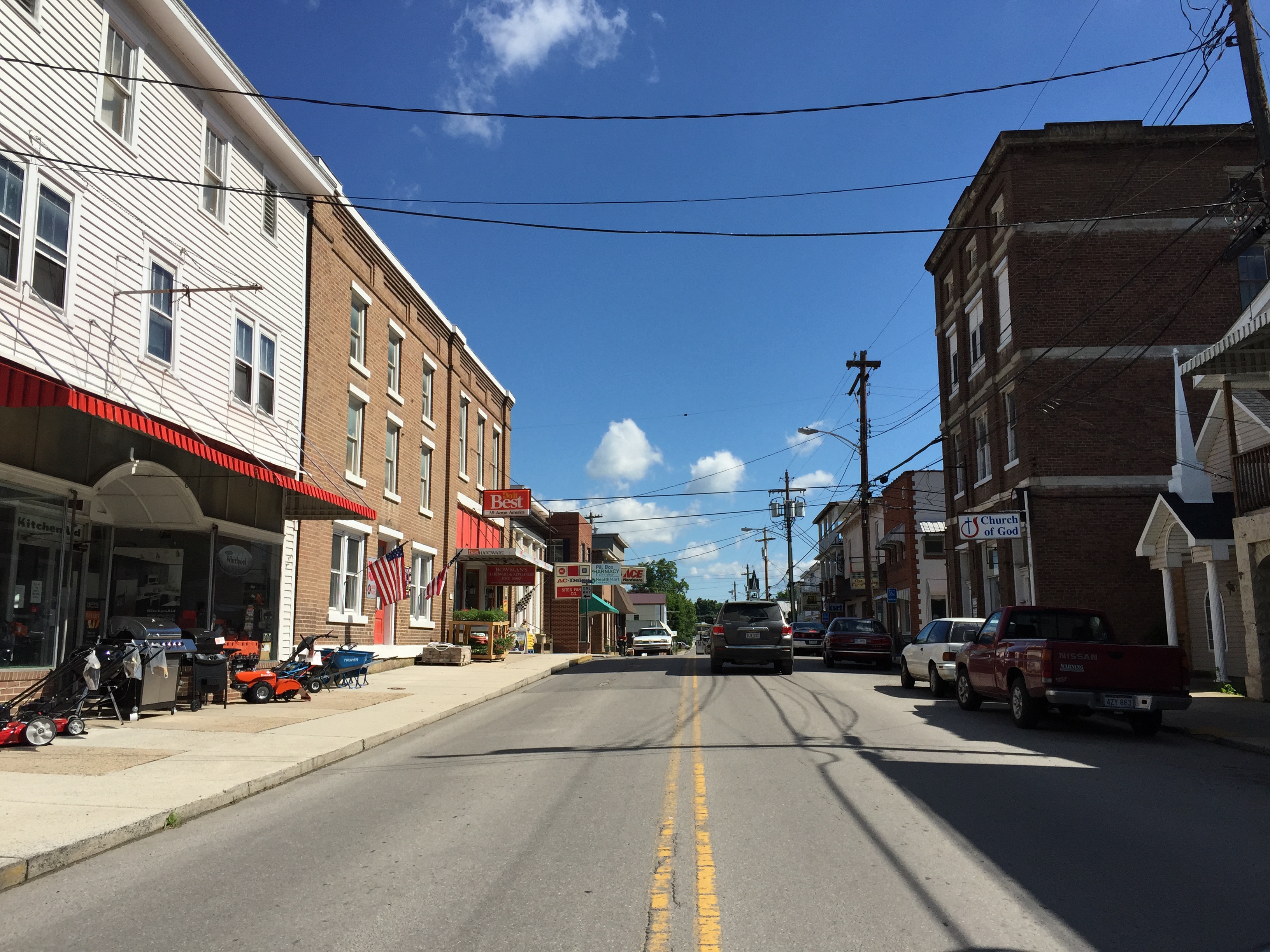This story was first published by The Recorder
LEVERETT — A standing-room-only crowd of about 200 listened with rapt attention in the elementary school auditorium Saturday as Gwen Johnson gave a heartfelt explanation of why she voted as she did last November.
“I had always said if there’s a woman who runs for president, I don’t care who she is, I’m voting for her,” said Johnson, one of 11 visitors from Letcher County, Ky., who’d traveled 13 hours to Leverett for a cultural exchange and dialogue project. But Clinton “shot herself in the foot” last spring, Johnson said, with her comment on the campaign trail: “We’re going to put a lot of coal miners and coal companies out of business.”
Johnson broke into tears as she described how her daughter and two grandchildren, who’ve lived nearby, were forced to move six hours away for an electrician’s job in the coal mines because mines in eastern Kentucky had shut down.
“When the coal business began to crumble, I knew we were going to take a bad hit,” she said, because trash collection, senior centers and other county services are paid for by coal severance tax.
“They shut down our senior citizens centers… they pulled all the dumpsters across the county, so there’s no place to bring our debris. There’s a lot more to these issues than meets the eye. I’m thinking, ‘Oh my god, what are we going to do?’” said Johnson.
The emotional moment came during a three-hour community forum during which the residents from southeastern Kentucky — where nearly 80 percent of voters cast ballots last year for Donald Trump — shared stories and songs with their counterparts from Leverett, where Trump got less than 14½ percent. Set up by a “bridging committee” of Leverett residents after the election, the forum was part of a weekend that also included community potluck meals, an art project, a contradance as well as discussions closed to the public.
The 18-member Leverett committee, which hosted the Kentuckians, including three teens, in their homes, plans to travel to Letcher County in April.
The need for dialogue “touches something in all of us,” said Paula Green, a member of the Bridging Committee. We should “not let the media and politics divide us in such profound ways and create enemies of us,” she added. “We’re living in a moment when we feel trampled upon by history.
“Events in Washington and around the world are rolling over us, and we have so little power to change them. I think the longing that has brought you all here is that we can reach out. We’re looking at the same human need, expressed in different ways, of solving problems and talking about that as honestly … and as respectfully as we can.”
“It’s not that people in Appalachia don’t care about these issues,” said Tyler Ward, a Letcher County lawyer from a three-generation coal-mining family in response to an audience question about the environmental effects of strip mining. “I don’t believe the folks in the mountains have an aversion to science or are willfully ignoring. … I’m not trying to sidestep or dodge the question about climate change. But I think for the great majority of people in Appalachia, it’s just too attenuated to give much thought for when you’re just more concerned about your daily existence.”
Nell Fields, a Letcher County woman, said she felt “anger and resentment” toward her own son as well as siblings who had voted for Trump. But after thinking about what led them to their decisions, “There’s some things that happened in people’s lives that brought them to this point … and it’s up to us to try to develop an understanding for that instead of just … despise who they are, before we even try to understand where they come from.”
Letcher County residents described their efforts to improve conditions in Appalachian county, where the loss of coal jobs has been “devastating,” in Ward’s words.
“It’s a place of struggle and a lot of sadness, but a lot of joy, too” said Johnson, whose only brother — along with three of her mother’s brothers — were killed in mining accidents.
“A few years back, when the coal industry began to crumble out from under us, we were mad, because that’s what’s always put shoes on the children’s feet and food in their mouths. We were in a place of despair because we didn’t know what we were going to do. I spent several months in deep depression about it.”
Yet through what Kentuckian Valerie Ison Horn described as a “love-hate relationship with coal,” she said Letcher County residents have put together a “farmacy” program at the local farmers market to provide fruits and vegetables for which 222 people with prescriptions line up as early as 7 a.m. in an effort to counteract the severe health problems that afflict the region.
Ben Fink is a Connecticut-bred community organizer whose published reaction to the November election as someone who’d moved to Letcher County a year earlier helped the Leverett committee find its partner for the dialogue. He said the political differences he’s felt with some of his neighbors “is just such a small part of who we are, and such a small part of what our values are and what we care about. What really matters to all of us is the commonly shared value we found working together, doing this organizing project that we call the Letcher County Culture Hub.”
The democratically led community development organization, he said, has recognized that, “What we all agree on, and what we need … is we own what we make. Our experience has been people telling us that we don’t own what we make, that we’ve got to sit down and shut up because reality gets made in Washington, reality gets made on the news, reality gets made by people who’ve got a lot more money and a lot more influence and lot more power than we do. … We’ve started to recognize that is not true and that doesn’t have to be true.”
Herby Smith, who joined Letcher County’s media workshop 48 years ago as a high school student and became a filmmaker, said, “It’s been really formative to be in a genuine exchange of serious ideas of where we stand as a country and where we plan to go.
“The current president keeps talking about bringing back coal, and it has somehow entered the dialogue about the future of the country. I think people here are curious to how the coal fields are reacting to this rhetoric, and do people actually believe it’s even in the ballpark of bringing back coal? In our part of the country, we’re used to politicians lying to us, and people discount a lot of what politicians say. I think we’ve got to get it on the table, discussing issues of public importance.”
Green said her hope is that Leverett’s efforts can serve as a model for other communities around the country.
“We need to have circles of inclusion where there’s no exclusion,” she added.



